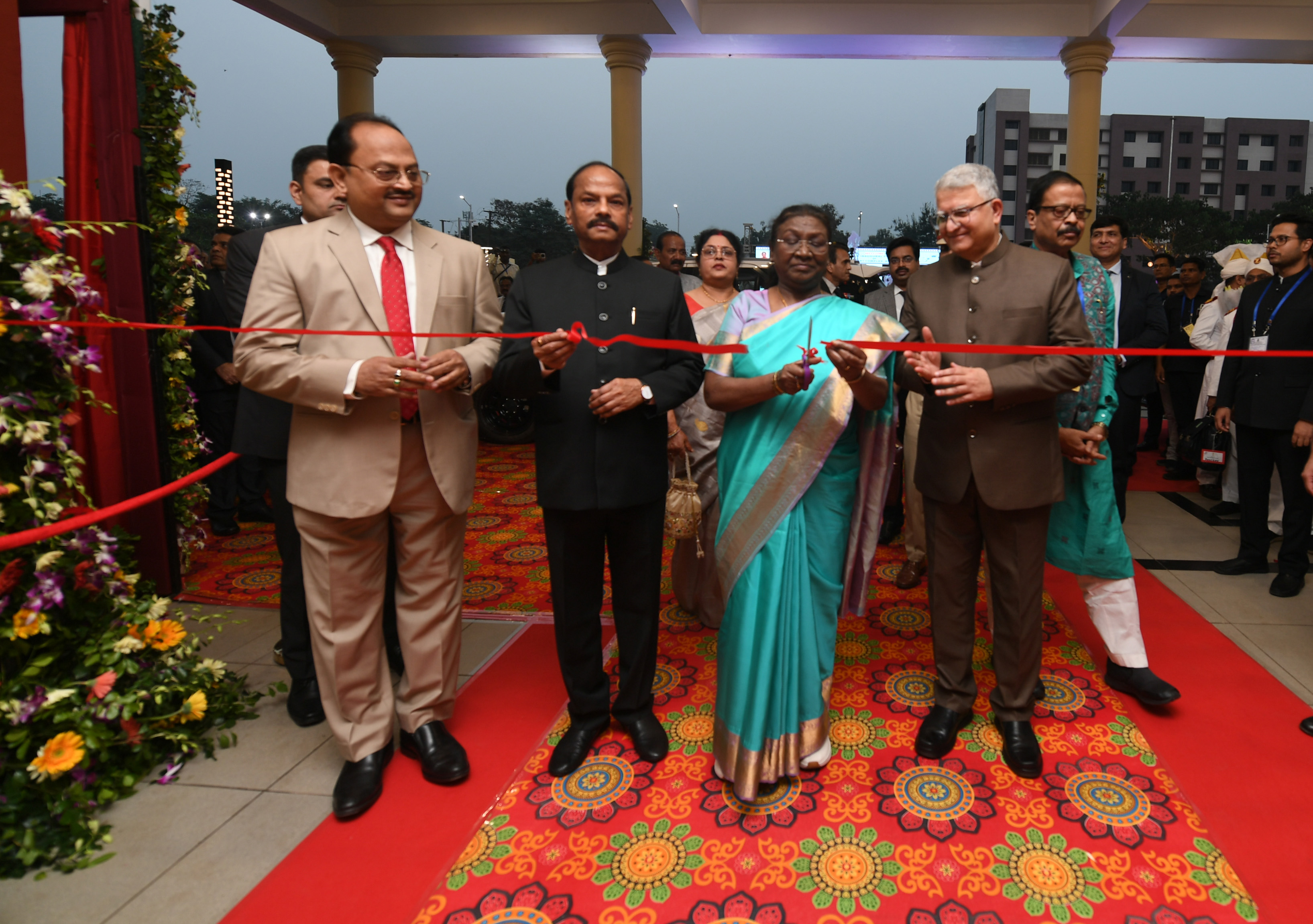Union Minister of State (Independent Charge) for Science and Technology, Dr. Jitendra Singh, emphasized the importance of a collaborative “whole of Government” and “whole of Science” approach to achieve Prime Minister Narendra Modi’s vision of transforming India into a developed nation, “Viksit Bharat,” by 2047. Dr. Singh made this appeal while chairing the Joint Ministerial Meeting of Secretaries from all Science Ministries and Departments in New Delhi today.
 The Minister highlighted the need for alignment between central and state government efforts, urging State Scientific Councils to take an active role in advancing scientific initiatives. Stressing the principle of cooperative federalism in the science ecosystem, Dr. Singh called for the integration of all stakeholders to foster a sustainable and progressive scientific framework.
The Minister highlighted the need for alignment between central and state government efforts, urging State Scientific Councils to take an active role in advancing scientific initiatives. Stressing the principle of cooperative federalism in the science ecosystem, Dr. Singh called for the integration of all stakeholders to foster a sustainable and progressive scientific framework.
Collaboration for Innovation and Development
During the meeting, the Minister outlined the vital role of State Scientific Councils in promoting grassroots innovation, advancing regional scientific capabilities, and addressing localized challenges. He urged states to act as drivers of scientific progress, nurturing innovation and leveraging local expertise to align with the national vision.
Dr. Singh underscored the importance of translating scientific research into real-world solutions, emphasizing that innovations must move beyond laboratories to become impactful, market-ready products. By marketing technologies developed by government-backed institutions, he said, India can attract investments and position itself as a global leader in sectors like healthcare, agriculture, and climate resilience.
“Scientific innovation must address real-world problems and create meaningful change,” Dr. Singh said. He encouraged departments to learn from successful government-supported innovations and use these examples to build trust among private stakeholders.
Public-Private Partnerships and Market Expansion
Dr. Singh advocated for frameworks that support public-private collaborations to accelerate the commercialization of lab-scale innovations. These partnerships, he noted, are essential for ensuring that innovations are accessible, scalable, and impactful. By engaging industries and private investors, India can bridge the gap between research and application, creating a robust ecosystem that supports both societal needs and economic growth.
The Minister also highlighted the need for market capitalization of innovations, urging scientific agencies to scale their efforts and attract investment in areas such as healthcare, agriculture, and climate resilience.
Unified Vision for Scientific Progress
Dr. Singh reiterated the significance of cooperative federalism, calling on states to align with central government initiatives to create a unified scientific framework. He emphasized that equitable access to the benefits of scientific advancements is essential for fostering regional growth and building scientific temper across the nation.
“State Scientific Councils must rise to the occasion and align with the central vision to make the dream of Viksit Bharat a reality by 2047,” he said.
Strategic Guidance from Senior Officials
The meeting, attended by senior officials including Principal Scientific Advisor to the Government of India, Prof. Ajay Sood, served as a platform to evaluate ongoing programs and chart strategies for strengthening India’s science and technology ecosystem.
Dr. Singh’s call for integrating central and state efforts, fostering public-private partnerships, and marketing innovation reflects the government’s commitment to leveraging science and technology as a transformative force in realizing the vision of a developed India by 2047. This collaborative “whole of science” approach aims to position India as a global leader in technological innovation and societal progress.




